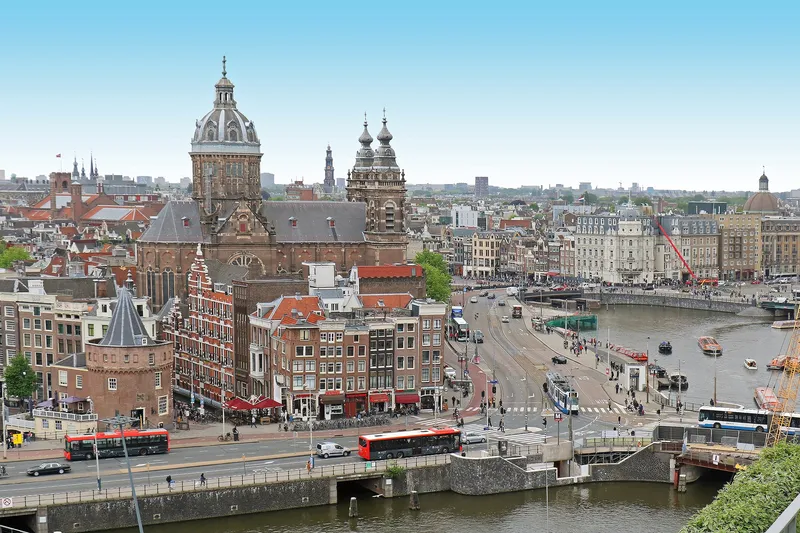
A new city river service, Uber Boat by Thames Clippers, has been launched in London today.
A fleet of 20 boats will operate on the River Thames, carrying commuters and leisure travellers.
The service is being rolled out on Uber's app, allowing users to buy tickets in advance to guarantee a seat and then use QR technology, powered by Masabi, to board.
Payment will be processed using the Uber account details.
Departures will be from 23 piers along the river, from Putney in the west to Woolwich Royal Arsenal in the east.
“As Londoners begin to head back to work and move safely across the city, they will now be able to book travel on both the river and road through the Uber app," says Jamie Heywood, Uber's regional general manager for Northern and Eastern Europe.
"We must ensure that everyone does not return to their cars in response to the crisis, so our vision is to end private car ownership in favour of shared, electric vehicles, as well as making greater use of the river network for urban mobility.”
More than 4.3 million people use Thames Clippers for transport each year, and passengers will still be able to use contactless payments or Oyster cards.
Following the Covid-19 lockdown, the company resumed services on 15 June, with all passengers required to wear face coverings.










